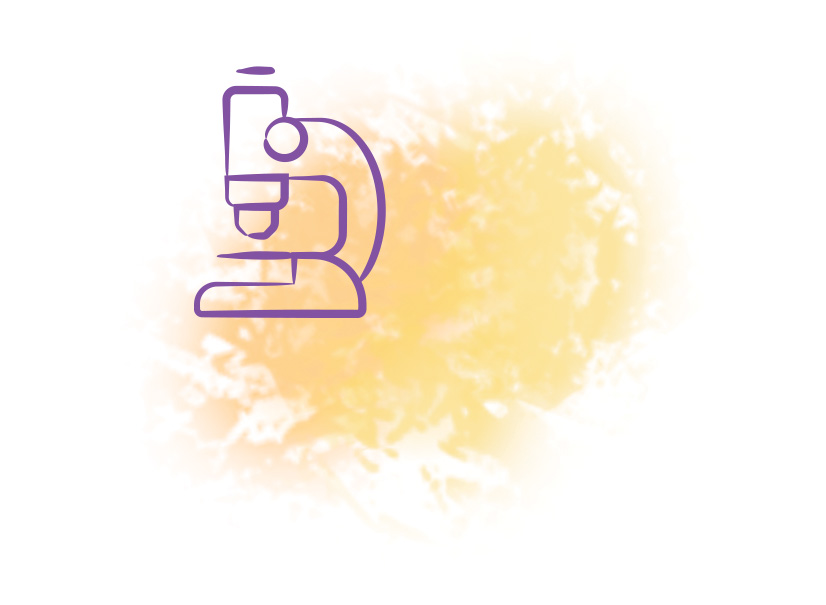About the COMPASS PWS Study
The purpose of the COMPASS PWS study is to learn more about a study drug in participants with Prader-Willi syndrome (PWS) who have hyperphagia (excessive appetite). Around 170 families will take part at research sites all over the world.
The study drug being tested in this study is called carbetocin nasal spray (or ACP-101). Carbetocin binds to oxytocin receptors with greater sensitivity than oxytocin, a naturally occurring hormone. In the study, carbetocin nasal spray or placebo is inhaled through the nose three times each day.
Watch a brief video about the study.
Who Can Join the Study?
To be eligible you must have a diagnosis of Prader-Willi syndrome (PWS) and:
- Be 5-30 years old at the start of the study
- Have increased appetite
- Live with a caregiver who can attend study visits with the participant
- Have not used oxytocin, desmopressin (DDAVP), or tesofensine within 6 months before the start of study treatment
Other tests will be done and the participant’s medical history will be reviewed to determine eligibility.
What Can I Expect at Study Visits?
This study will last approximately 19 weeks. It will involve a maximum of 5 visits to the study center, as well as up to 2 telephone or video calls.
Screening Period
(up to 3 weeks)
Tests will be completed and the participant’s medical history will be reviewed to confirm they can be in the study.
Study Treatment Period
(12 weeks)
Eligible participants will be randomly assigned to study treatment with either the study drug or placebo (an inactive substance) and will need to record all study treatment doses in a diary. Participants and caregivers will need to attend 5 visits to the study clinic and have 1 scheduled phone call during the study treatment period.
Open-Label Extension Study or Follow-up
After the main study, participants will be invited to enroll in COMPASS PWS OLE, a long-term, open-label extension study in which all participants will receive carbetocin nasal spray (the study drug) for up to 36 months.
Participants who do not continue in the open-label extension study will have a second phone call 30 days after the last dose of study drug to follow up on their health status.

About Clinical Studies
A clinical study (sometimes called a clinical trial) is research that is designed to test whether a study drug (also known as an investigational drug) is safe and effective for the treatment of a disease or medical condition. “Investigational” means that a drug has not been approved for doctors to prescribe to patients. Regulatory authorities and health authorities use the information collected from clinical studies to help decide if an investigational or study drug should be made available to patients.
Before a clinical study can enroll participants, it must be reviewed and approved by an Institutional Review Board (IRB) or Ethics Committee (EC). These are groups of scientists, doctors, and members of the community who help ensure that the study is conducted safely and that the rights of participants are protected. Clinical studies are run by qualified medical professionals who monitor the health of participants during the study.